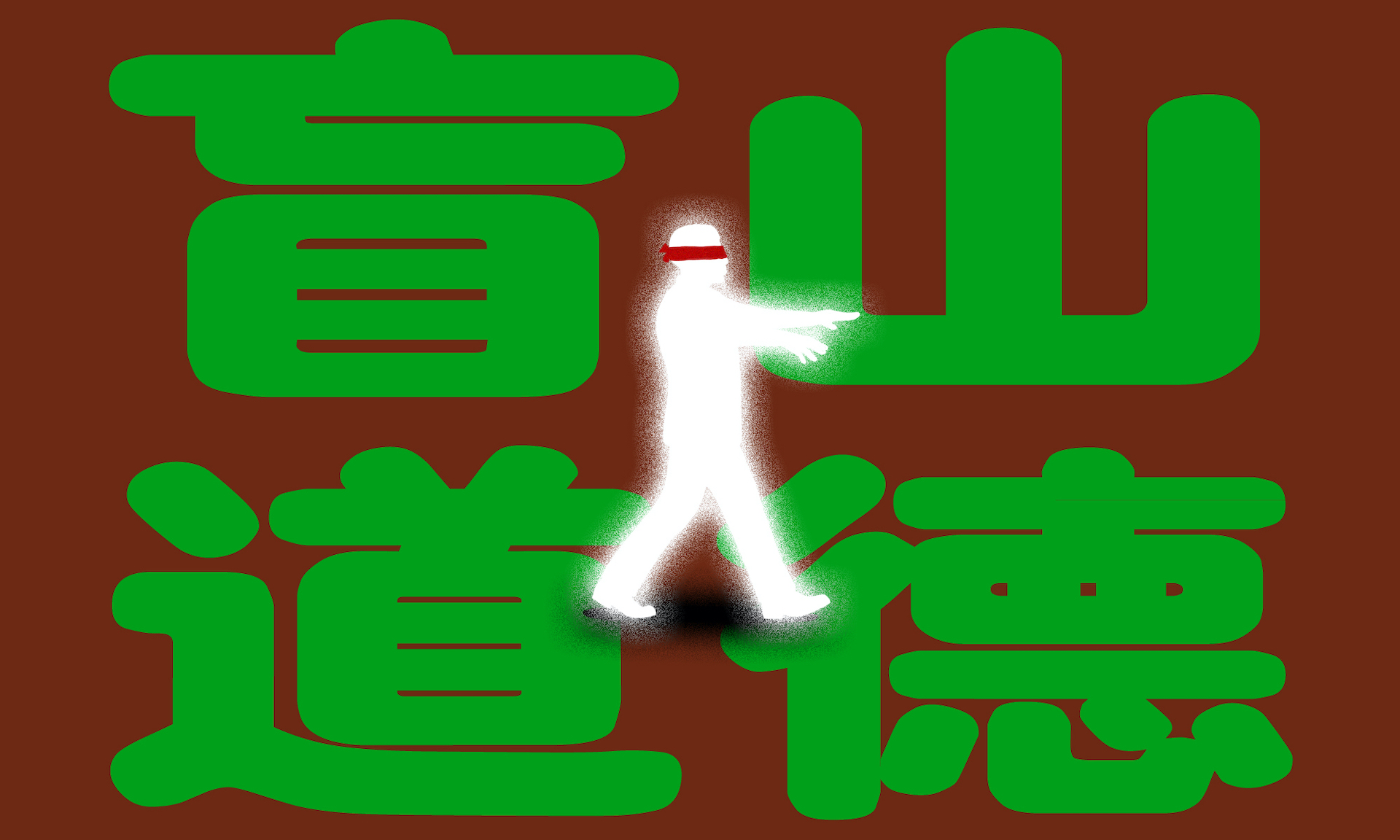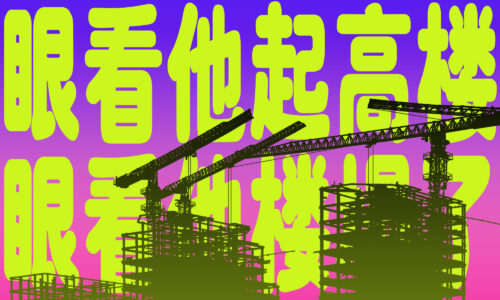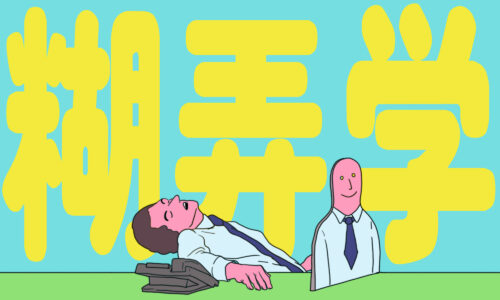‘Blind Mountain’ morals — phrase of the week
China’s efforts to contain the chained mother scandal have only sparked more outrage online, and many turned to this phrase to express their anger.

Our phrase of the week is: Blind Mountain morals (盲山道德 mángshān dàodé).
Context
It’s been more than three weeks since grim footage of a Chinese mother of eight shackled by her neck and locked up in a freezing shed in the city of Xuzhou caused widespread outrage on social media.
Local officials made a number of statements trying to address the issue and calm online criticism. According to initial announcements, the woman, surnamed Yang, was not a victim of human trafficking; she was in chains becuase of her mental illness, to protect her kids from her violent outbursts.
But with each statement came more online criticism and disbelief. Some observers compared the plight of this poor woman with the story of human trafficking in China depicted in the 2007 movie Blind Mountain (in Chinese) — coining a new phrase, “Blind Mountain morals.”
She has fallen into a world of Blind Mountain morals where the harm inflicted upon her is not seen as evil because she is an outsider
她掉入到了一个不把侵害她这个“外人”视为罪恶的“盲山道德”当中
Background and translation
Blind Mountain (盲山 mángshān) tells the story of a young woman, Bái Xuěméi 白雪梅, in 1990s China who is looking for work to pay for her brother’s education. An offer of a well-paid job results in her being kidnapped, trafficked, and sold as a bride to a man in a remote village in Shaanxi Province.
Trapped in a fiercely traditional rural village, Xuemei is raped and beaten by her husband. Her multiple attempts to escape result in her being beaten again, restrained, and returned to imprisonment by villagers and even her husband’s parents.
The villagers are blind to her abuse because Xuemei is an outsider, but if she were one of them, it would be different. She would be protected. As an outsider (外人 wài rén), Xuemei is seen as the private property of her husband, and her outbursts and attempts to escape are blamed on mental illness.
Villages such as the one in Blind Mountain are encouraged to administer their own affairs. It’s called “village rules, implemented by villagers” (村规民约 cūnguī mínyuē). The system allows some autonomy at this local level. But it has negative connotations in this context, meaning villagers are complicit in the abuse and “morally blinded.”
According to media reports, it’s this “blinded” system that allowed human trafficking to be rife in China in the 1990s and early 2000s, as well as earlier in its history. What is so shocking about the Xuzhou case is it shows that human trafficking of this nature is still alive in China, and yet it took the local government more than two weeks to admit it.
If you enjoyed this, check out Andrew Methven’s Slow Chinese 每周漫闻 newsletter, a resource to help you master modern Mandarin, and understand how people speak Chinese today.






